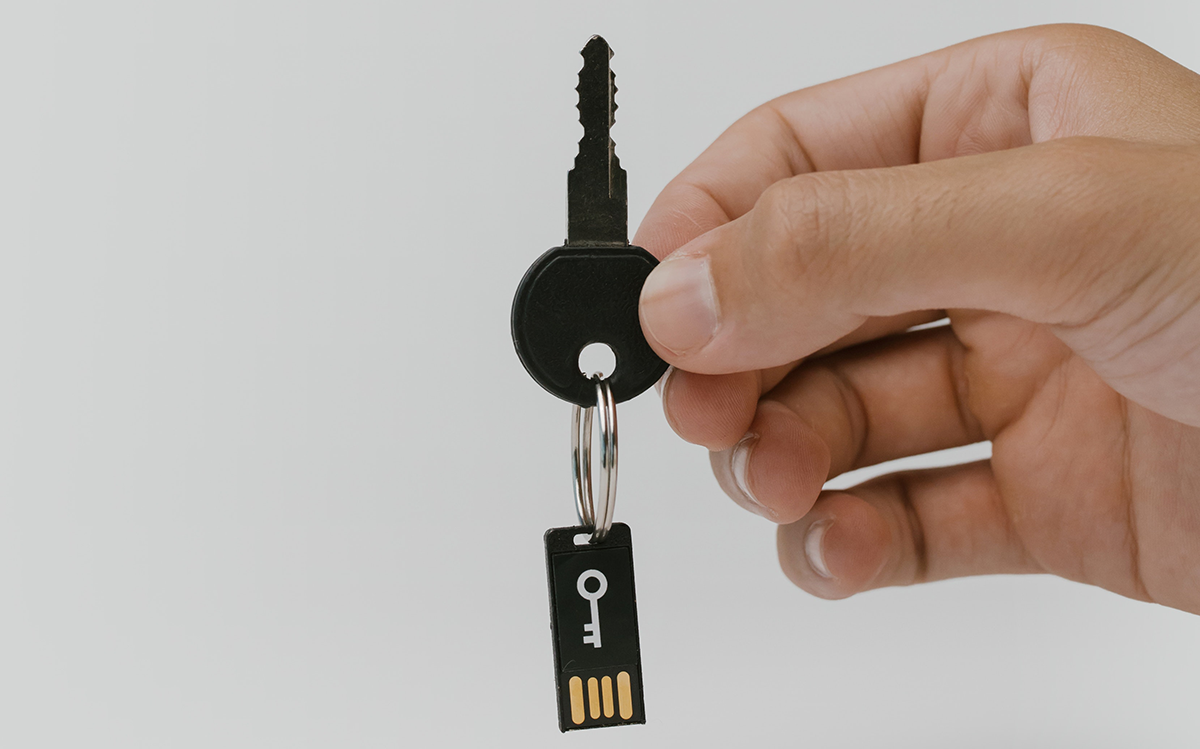The case for password managers
We are witnessing society’s ever-increasing online presence these days. There are digital and financial assets, social networks and online accounts, digital wallets, mobile banking and insurance apps, and online trading platforms – to mention a few.
In the face of this massive growth in our online presence, it’s not surprising that people are becoming more and more worried about protecting all these various online and digital assets. Long gone are the days when most of our information was on our personal computers and the protection was as simple as choosing a good antivirus and firewall program, plus, of course, basic cybersecurity awareness. In today’s world, protecting our digital and financial assets and online accounts requires a much more sophisticated approach. Part of the reason is that the assets have become much more complex, but most importantly, they are stored in various corners of the internet universe.
Password managers emerged with the promise of fulfilling that niche – enabling people to protect their digital and online accounts and information. There are many different types of password managers, depending on the need and the people who use them.
Obviously, the most popular are Apple Keychain and Google Chrome Password Manager. Big companies use services such as JumpCloud and Okta, and there are middle-ground solutions such as LastPass, Dashlane, and Bitwarden.
Very soon, though, people realized that there was an additional function that needed to be provided by these solutions: the ability to pass on certain information about your digital assets and online accounts should anything happen to you. Not surprisingly, we are seeing more and more digital legacy management and digital inheritance capabilities added to password management services.
There are also many new services with digital inheritance at the core of their value propositions.
Can digital and online accounts really be inherited?
Legal frameworks, being naturally conservative, have been slow to adapt to the growing online presence that we are witnessing these days.
And because of that slow adaptation of legislation around the globe, it’s not surprising that many simple questions such as “Can online accounts and digital assets be inherited?” generally don’t have clear answers.
Let’s take one very simple example.
You have an account on a mobile banking app.
You enter the information for your app, including access data, in a digital inheritance service.
You designate your loved ones as the people who get access to your mobile bank account if something happens to you.
So, technically, the people whom you designate can actually access your mobile banking account. But guess what – in most cases, that’s totally illegal.
The reason is that most financial institutions must comply with KYC (know your customer) requirements. To comply, they provide access strictly to the owner of the account and no one else. Also, it’s clearly written in the Terms & Conditions that the account owners are not allowed to provide access to their accounts to any third party.
So hacking into someone’s account and drawing out the money, simply because you have the access details, is not legal for most online and digital assets.
Because of that, and because of the complexity of the online and digital assets out there, there is usually no one simple answer to the question about inheriting digital and online accounts; rather, there is a separate answer for each unique case and type of online account or digital asset.
Between digital inheritance and data privacy
Another question that is important for people is whether they really want the password for some of their online accounts to be shared if something happens to them.
Some people prefer their private communication in social networks, for example, to stay private even after they pass away. Yes, if you think about it, it doesn’t really matter for them at that time, but still, it gives them peace of mind knowing that sensitive information across their online accounts will stay confidential and protected, even when they pass away.
Password managers with digital inheritance
The need to pass on certain information for selected digital or financial assets and online accounts, plus the need to control who has access and when, led to the emergence of digital legacy management services.
These services enable people to not only protect their digital assets and online presence but also have a convenient way to indicate what information is to be shared, with whom, and when.
For example, in a digital legacy management service, you can designate selected people to each of your passwords or asset information and indicate whether the person is to be notified immediately or only in the case of a fatal event happening to you.
The best part? Digital legacy management services have the option of detecting fatal events and triggering notification of them only when such a fatal event is detected – and not earlier.




